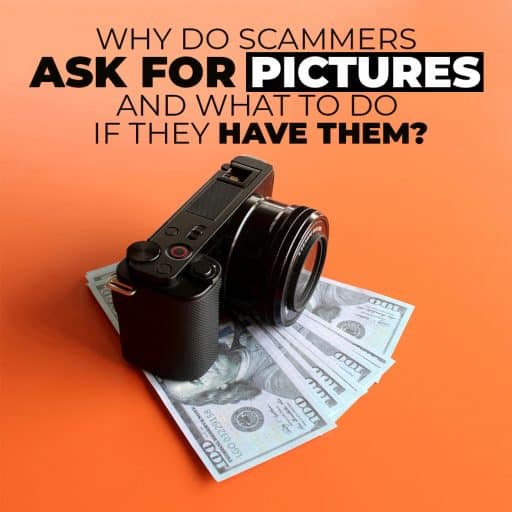In this digital age, internet crimes have become the norm. Just when we thought it couldn’t get worse, we now have to worry about seemingly personal emails that can ruin our lives. It’s called “sextortion.” It’s bad enough to be a victim of a cybercrime, but to have it affect our personal lives too, is just heart-wrenching. Should you be worried? Read on to find out.
What is Sextortion?
Sextortion is a form of cybercrime that often starts with an email. The email will contain a message that threatens to release sexually explicit photos or videos of you to your contacts, social media, or the internet unless you pay a ransom to the sender. In some cases, the sender may not even have any compromising material on you but will still try to scam you.
Are these emails real?
Yes, these emails are very real. At the same time, not all sextortion emails indeed contain valid threats; this type of scam is targeting more and more people. These emails may be targeted at victims or appear randomly in an inbox. Since it’s a very personal subject, it can be very humiliating for the victim to admit they received one. Unfortunately, that fear is being exploited by these blackmailers.
What should you do if you receive a Sextortion email?
First and foremost, do not panic. The email message will play on your emotions to provoke an immediate response. Instead, take a deep breath and assess the situation. Check if the message contains personal details. If it does, there’s a slight chance that the threat is real, but it could also mean that the scammer has found information about you online. If there is no evidence to back up the claims in the message, it is most likely a fraud.
Once you’ve determined that you are indeed dealing with a genuine sextortion attempt, do not engage the blackmailer. Do not reply to the message, and do not send any money. If you do, the scammer will think they have found a successful target and could continue to come back for more.
Where to Report Sextortion?
Sextortion can be reported to the police and the FBI Internet Crime Complaint Centre (IC3). Private companies such as email providers such as Gmail, Yahoo, and most private email providers also offer reporting systems. Be sure to save the email and document all evidence of the scam so that the authorities may use everything at their disposal to track down those behind it.
Conclusion:
Sextortion can be a very distressing experience for victims, but it is essential to understand that these threats are not real. The blackmailers are out there to get money from you. The best way to respond is to report them to the appropriate authorities, document everything, and protect yourself from further
cybercrimes. Lastly, educate and share the information with your family, friends, and acquaintances about the dangers of online scams to help keep each other safe and secure in the digital world.






